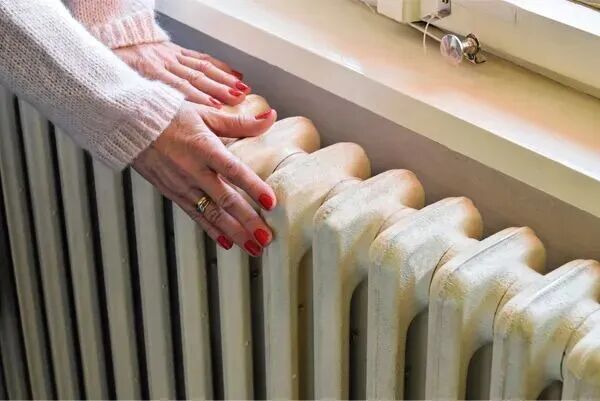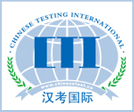
[Photo via tuchong.com]
Beijing districts have started water pressure tests on their heating networks to ensure heating systems are in optimal condition before the 2025-2026 heating season. The testing phase is a key preparatory step that directly affects the quality and safety of winter heating. Unlike the heating season, there is no unified schedule for these tests. Heating service providers will post advance notices in residential communities or at building entrances, and residents are advised to keep an eye out for such notifications.
During the testing period, if you hear water flowing inside your radiator, you may report the issue to your heating service provider or manually release the air through the radiator's air valve. The manual air valve is usually located at the top of the radiator. When releasing air, use a suitable tool to turn the valve carefully and slowly until you hear a hissing sound, which indicates that air is escaping. Once water starts to flow, indicating air has been fully released, tighten the valve immediately. To prevent water from splashing or staining your walls, cover the valve area with a perforated plastic bottle, basin, or cloth to catch any escaping liquid. If you accidentally remove the valve and your home has a branch shut-off valve, close it right away and contact the corresponding heating company for repair.
When water begins to flow into your radiator, check the radiator, pipe joints, and valves for any signs of leakage or seepage. If you discover a leak, close the valve immediately, block the leak with a thick towel or cloth, and report it right away. Even a minor leak must be repaired promptly, as increased system pressure during the heating season can cause ruptures, leading to property damage and even personal injury.
Kitchens and bathrooms are particularly prone to radiator leaks due to high humidity levels, which can accelerate pipe corrosion. This is especially true at points where vertical pipes connect to the floor. Extra attention should be paid to these areas during the testing phase.
If you notice any leaks or other irregularities, call the Beijing District Heating Group's service hotline at 86-10-96069, or contact your local community staff for assistance.
Source: Beijing Fabu
Events
More+-

2026 Changsha Spring Festival Lantern Fair to Open in Jinggang Ancient Town
-

Chengdu Symphony Orchestra2025-2026 Season Concert—Music Talk Series 2“Chinese Spring Festival Melodies”
-

Exhibition of Zhao Yunyu’s Calligraphy and Painting from the Chengdu Museum Collection
-

The 55th Chengdu InternationalPanda Lantern Festival
-

The 29th China (Sichuan) New Year Shopping Festival











 京公网安备
京公网安备